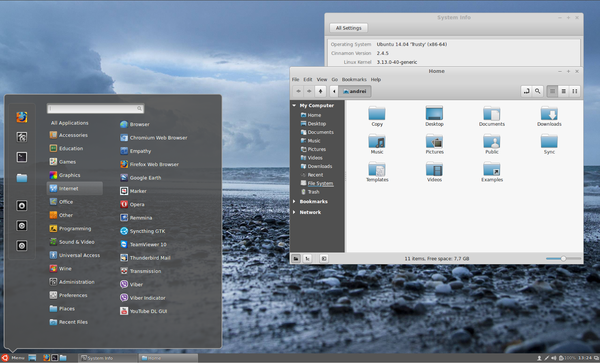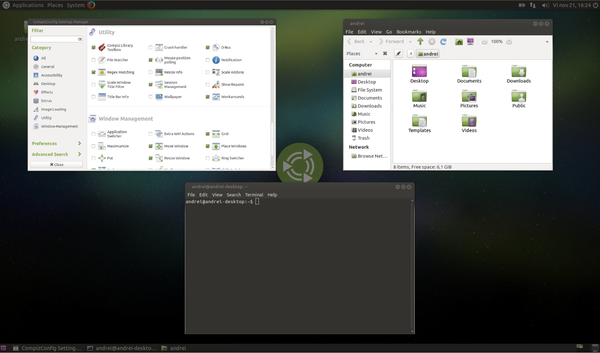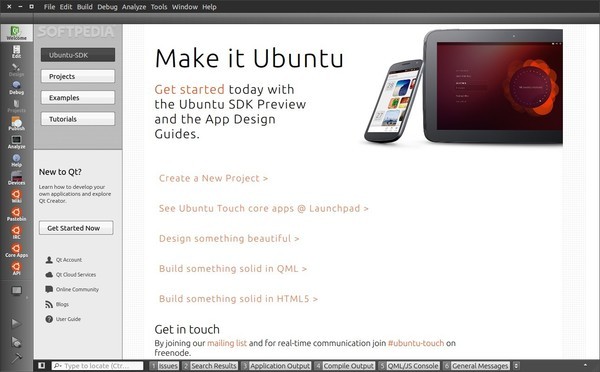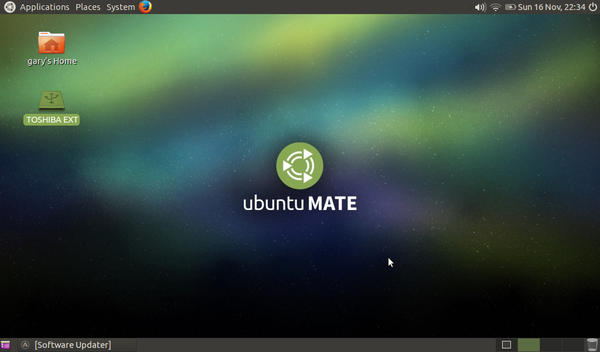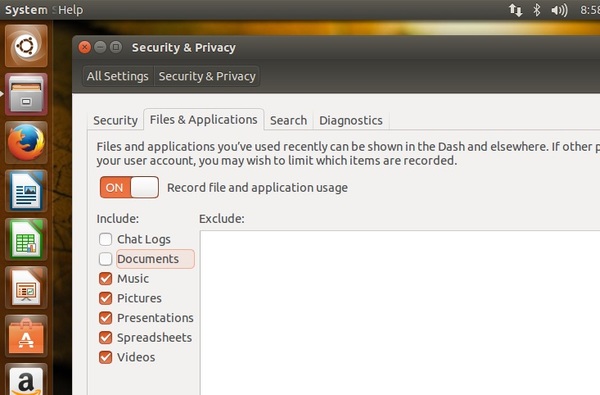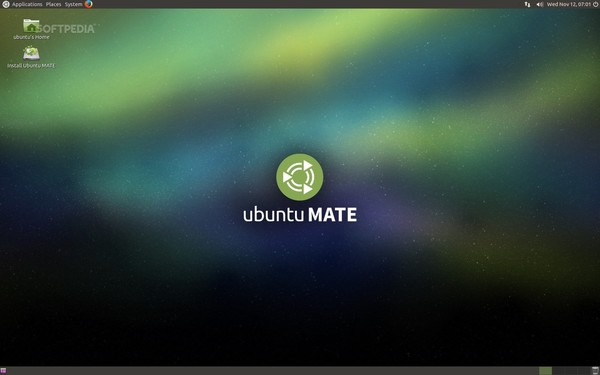![]()
It is our believe, that components should do what they are supposed to do not more and not less. This means the LXDE picture viewer GpicView lets you watch images and that is it. LXMusic lets you listen to music and nothing more. A core component of LXDE is of course PCMan File Manager, which is widely used on many Gnome desktops today already as well. Other components are rather small, like the newly developed LXSession Edit, which you can use to automatically start chosen applications, a feature missing in many standard installations of Linux. The number of applications and tools is steadily increasing, but we are trying to keep dependencies low. This means also in future you can install LXDE applications separately on your desktop.
- What do you think about the other lightweight DE like XFCE?
I think XFCE is doing a good job in many areas. They are going a different way to LXDE, but we are in touch with some of the developers and keep a friendly relationship. Some people complain XFCE has lost its focus of staying lightweight. They are offering more features on the expense of speed. Actually, I am not in the position to say something is better or not. I believe simply the focus is different. And, those guys have some pretty good ideas and we are looking forward to have more exchanges with them and work together on some projects. Actually, already now some of our team members are even supporting both projects. Christoph Wickert from Fedora is maintaining packages for LXDE and XFCE in Fedora for example.
- What kind of help you received in these years (from community, from sponsors, etc)? How we can contribute?
There are many cool software projects out there, but to be a cool project is not enough. I think this is one thing the team realized. In order to make development sustainable, we need many developers and not just that. As our team is spread all over the world, those developers often need to be gifted and understanding communicators as we can often only talk through IRC, Email and so on. When I joined LXDE, Andrew Lee and I thought about how to support the developers and contributors community and how to get new people into the project. An important part is to facilitate communication among contributors and also with and among users. If users can help each other, they will not ask developers, who dont have time to offer support anyways.
Another thing was to show that this project is active and alive. Even though some of the developers worked very actively on LXDE, I met people, who asked me, if the LXDE project is still alive. If people see, a project is active, they are more willing to join. Luckily we met a contributor willing to join us with those tasks in Taiwan – Mwei. So, what we did to enhance communication was foremost to set up an infrastructure to communicate more efficiently, including a blog, rss feeds, a forum, localized wikis – now in 19 languages – a planet, twitter and specific mailing lists for the translations project for example. After a while more and more people are joining. Martin Bagge from Sweden wrote to us one day and told us, he had set up an online translation system.
That was great news and we endorsed it and told people to join. Anyone interested in joining the LXDE team, just subscribe to the project, start by testing LXDE, submitting bug reports, start to translate LXDE into your language, check out the bug list and solve bugs, join packaging teams of different distros. The team also needs hardware to test components on different systems. If you are a hardware manufacturer, please contact us for testing of your hardware. Besides that, we welcome donations. More infos how to join are on http://join.lxde.org.

